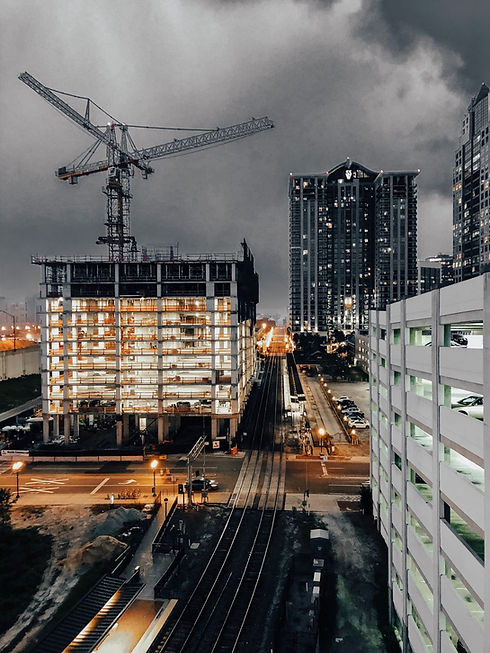
The Critical Role of Fastener Manufacturing in Aerospace, Construction, and Automotive Industries
Fasteners—such as bolts, nuts, screws, and rivets—are the unsung heroes of modern engineering. Whether in the aerospace, construction, or automotive industries, fasteners play a crucial role in ensuring the structural integrity, safety, and performance of components. Despite their often-small size, the design and manufacturing of fasteners require rigorous standards and specialized processes. In each of these industries we serve, the importance of fastener quality, reliability, and performance is paramount, but the requirements and priorities vary depending on the specific application.
Important Characteristics of Fasteners
Design Priorities
While all fasteners must adhere to stringent quality standards, the design priorities differ across aerospace, construction, and automotive applications.

AEROSPACE
-
Weight and Performance: Aerospace fasteners are often designed with weight minimization in mind, as reducing weight is critical to improving fuel efficiency. Advanced materials like titanium and specialty alloys are frequently used to achieve the necessary strength-to-weight ratio. Fasteners must also meet strict performance requirements to endure extreme temperatures and atmospheric conditions, such as in-flight pressures and vibrations.
-
Fatigue and Failure Resistance: In aerospace, fastener failure could mean loss of life or significant damage to high-value assets. Design focus is placed on fatigue resistance and redundancy to minimize the chance of failure.

CONSTRUCTION
-
Durability and Corrosion Resistance: In the construction industry, fasteners are often exposed to varying weather conditions, requiring materials that resist rust, corrosion, and environmental wear. Steel fasteners with anti-corrosive coatings like zinc are commonly used.
-
Load Capacity: Construction fasteners often bear heavy loads for long periods. In applications like bridges and high-rise buildings, failure is not an option. Thus, strength and durability are the top priorities.

AUTOMOTIVE
-
Vibration and Heat Resistance: Fasteners in automotive applications must withstand vibrations from the engine and road, as well as high temperatures in areas like the exhaust system. Failure here can lead to performance issues or safety hazards.
-
Cost and Efficiency: The automotive industry also prioritizes cost-efficient production, balancing the need for high-strength fasteners with the economic pressures of mass production.
